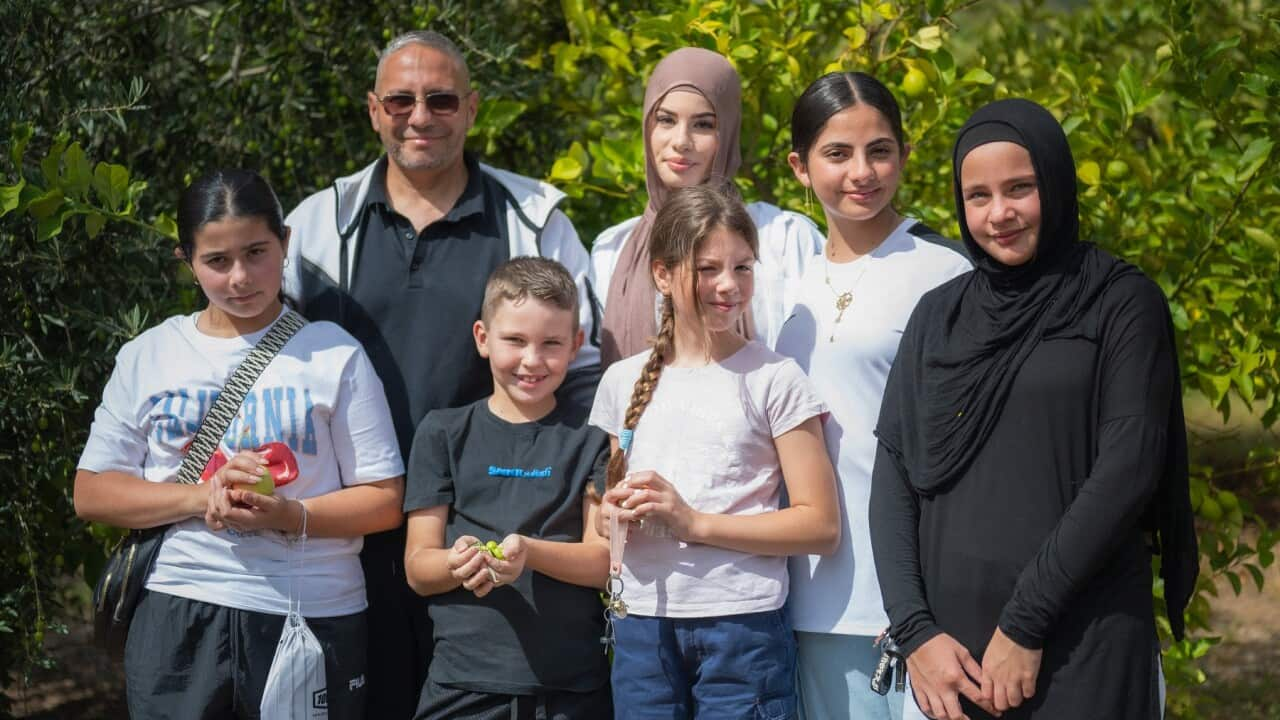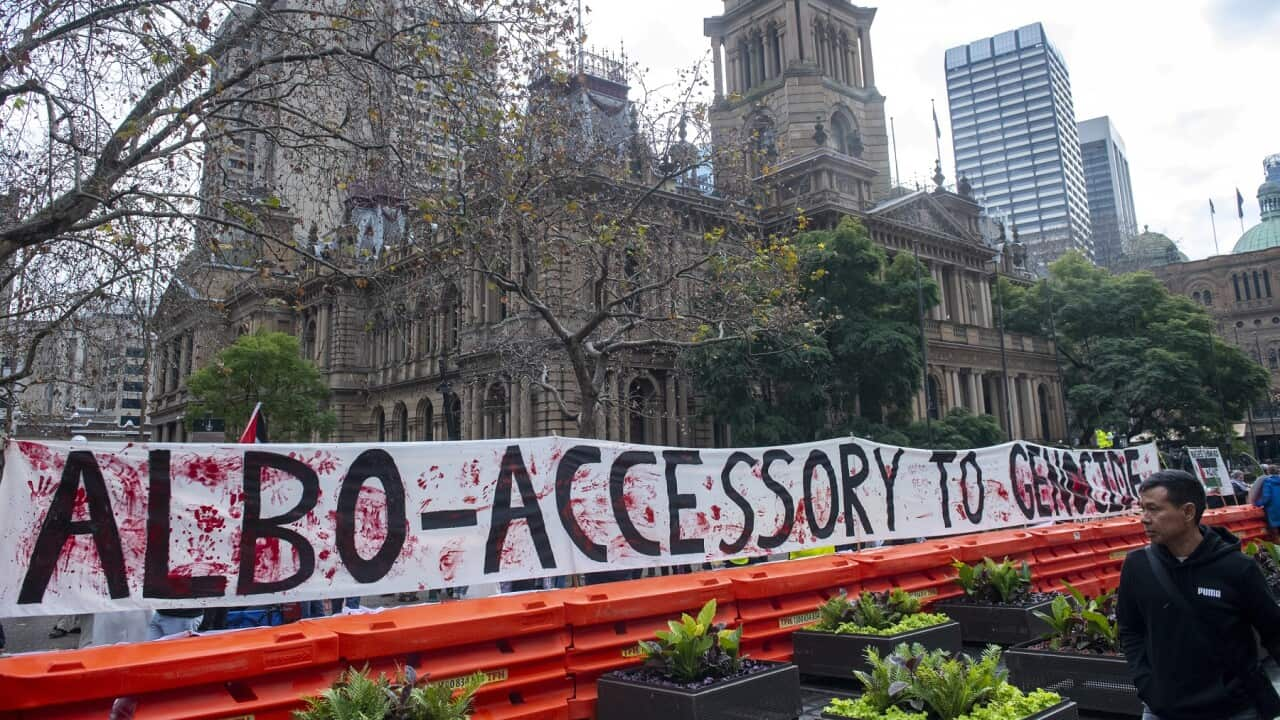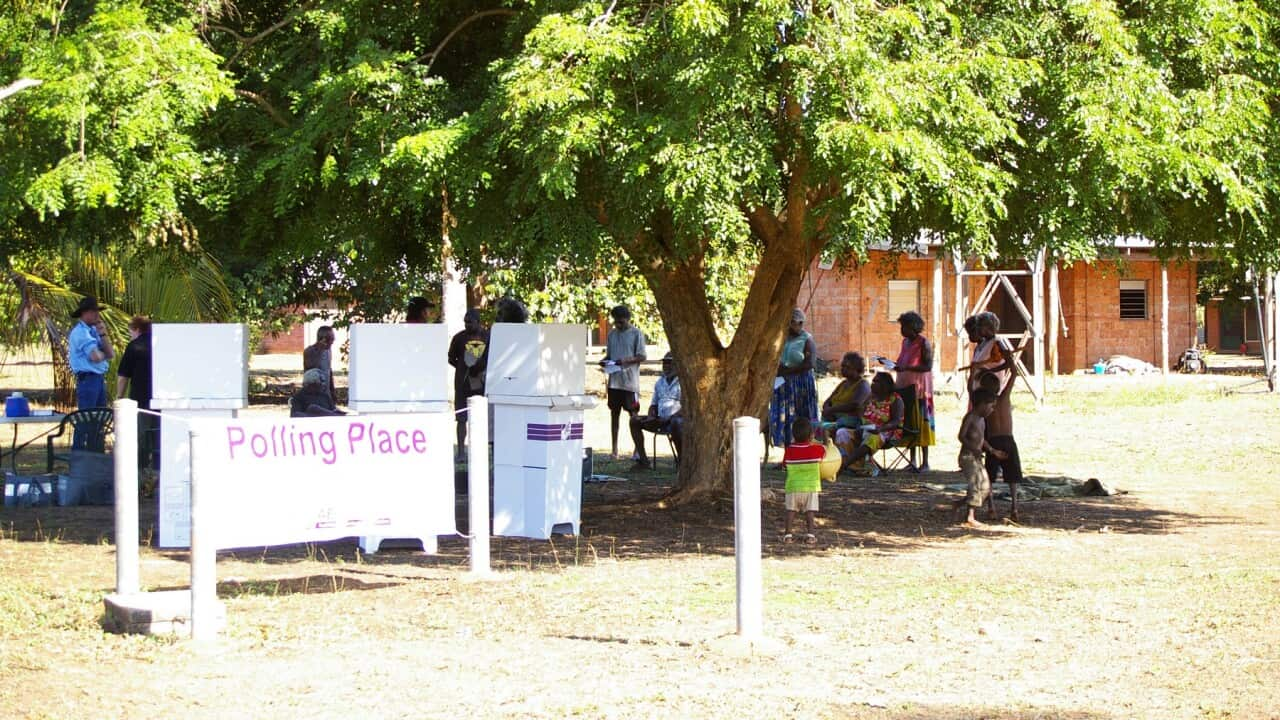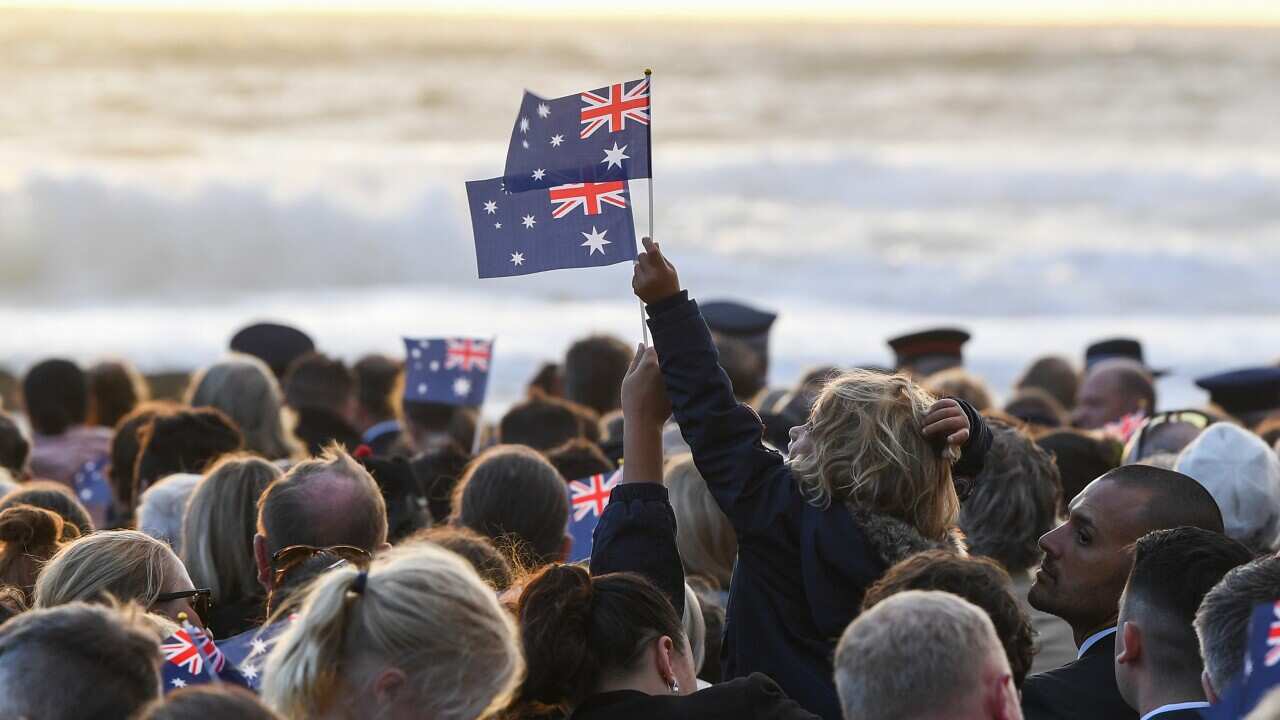TRANSCRIPT
It's a packed house in this quaint mosque.
Hundreds of Muslims squeeze in for a spot to pray celebrating Eid al-Fitr.
Here, on the south-western slopes of New South Wales, a thriving Muslim community has found comfort in calling the town of Young home.
Sporting a population of around 10,000, Young is 372 kilometres west-south-west of Sydney, and known for its rich cherry-growing heritage.
Leading the prayers at the mosque is Imam Emad Hamdy.
"The beauty of Eid is you are seeing a big number of people who are coming from different backgrounds and they are all Muslims."
For Omar Kowaider and Joanna Bryla, Eid is still rooted in special traditions, as they hand gifts to their two young children.
But Ms Bryla says it's a little slower paced since they moved here from Sydney three years ago.
"There was no sense of camaraderie or community. There was no warmth anymore. Young was a way to escape that, to feel a bit of freedom."
Mr Kowaider says, together, they found peace in open space and a stronger connection to faith.
"I believe Young, not just Young, but I guess any kind of rural community brings out the best in you. And I think it definitely lets the soul search and gives it that yearning of coming back to where we belong and being closer to God."
They’re one of hundreds, mainly hailing from Lebanon, who've ditched the major capitals for this rural life, mostly in the last five years.
But the first Muslim families who arrived here date back to the late 1980s.
Bassem Ali's parents and uncle are described as the so-called Muslim forefathers of this town.
Instead of settling in Sydney, Mr Ali says they opted for a lifestyle that resembled their roots in the villages of northern Lebanon.
"My parents came from a farming family anyway, and my uncle, they had orange orchards in Lebanon and they were vegetable growers in Lebanon."
Now, their descendants roam their acreage.
Four decades later, Arabic has become the second most spoken language here after English, and it's thought one in every ten people are Muslim.
The mayor of Young is Brian Ingram.
He says the contributions of these people to the town have been invaluable.
"They just jump in every time with donations and time and thousands and thousands worth dollars worth of contribution. They don't put it out there to highlight it. They don't do it for that. They do it because they care. And that's part of becoming a big part of our community."
Right across the Ali family farm, is believed to be just one of the drawcards for moving here- the small, local mosque.
It opened in 1994.
Abdullah Sultan is the head of committee at Young Mosque, which is managed by the Lebanese Muslim Association.
"It's far away. It's away from the public, it's away from the city is there's a mosque, there's a small community there. Just by me saying that to you, you want to move here, you know what I mean?"
But as the community got bigger, a desire arose to build a new space with enough room for everyone to pray in.
So, last year, construction began for a new mosque that’s nearly five times bigger than where they currently pray, and can fit more than 1,000 people.
Mr Sultan says it is a symbol of the community’s growth for generations to come.
"A magnificent place of worship like this is going to attract more people to our town, increase that pool of potential and create opportunity for our children."
And, nearly forty years after his relatives moved here, Mr Ali heartily agrees.
"People plant trees but they don't pick from their fruit. Their future does. And that's how we looked at it."













